Turning Pages



Bridget Dunleavy loves to read realistic fiction books, and can’t choose her favorite one because there are so many. She wants to become a teacher after graduating and influence youth in a positive way. She is the second Bridget Dunleavy in her family, after the first came over from Ireland. Her article is about digital and physical books, and how the passage of time applies to books. Bridget recommends The Book Thief by Markus Zusak.
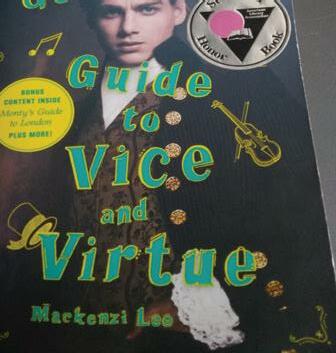
Josie Bednar was born in Scotland and has loved books ever since she was young. She enjoys reading, and recommends A Separate Peace by John Knowles. She also likes writing, because of the way it expresses emotions differently from speech, and likes to write poetry and prose. For these reasons, she’s interested in learning more about Austin bookstores and the people behind books that influenced her the most.
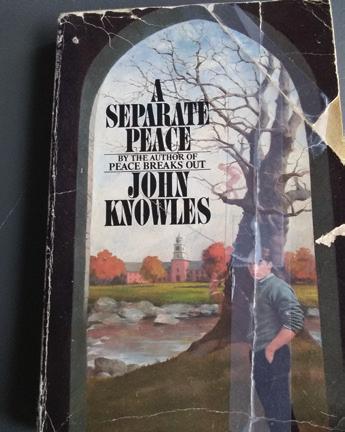
Flora Tversky enjoys spending time with friends, baking, writing, and knitting blankets. When she graduates, she wants to become a therapist to help as many people as she can. She also wants to travel the world to learn about different cultures. She is writing her article on the writing process. She chose her topic because she wants to share her passion for writing with others. Flora’s book recommendation is The Gentleman’s Guide to Vice and Virtue by Mackenzi Lee.
JJ Quirk is a diligent student who spends his time playing basketball and hanging out with his friends. He loves reading comic books and cares a lot about his mom. JJ chose banned books for his topic, because he is interested to learn about how modern topics affect Austin’s literary community. JJ’s book recommendation is Dune by Frank Herbert, because he loved the descriptive settings and pacing.
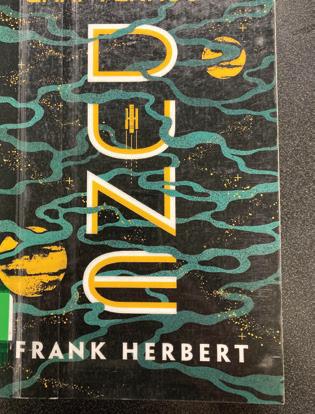
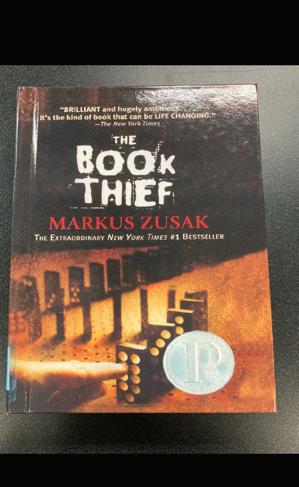
Making this magazine was a big project, and we’re glad people finally get to read it! Thank you for choosing our magazine out of all the others, and for deciding to learn s literary community We hope you’ll enjoy it!
-The Editing Team
more about Austin’
FFor many years reading has been a way to imagine places you’ve never been, remember times other than your own, and connect with stories from all over the globe. However, in the past fifty years, we’ve made many technological advancements that have changed the way we read and how we
receive information. All of a sudden instead of flipping through pages you can scroll on a screen or listen through headphones. These new advancements change the reading experience.
We are all familiar with traditional physical books; paperback or hardback with pages you can flip through and annotate on. For many of us, it’s what we first took off the shelf when we learned to read.
Physical books have been used for millennia and up until very recently, they have been the only form of books.
In the last few decades, we have seen the increasing popularity of
digital books; books that you read online. For example, audiobooks and Ebooks. Digital books first emerged as a mainstream business in the late nineties but didn’t become widely used until the mid2000s.
With the two types of books, there are a large number of pros and cons that cause many people to have a favorite between the two. For example, physical books can give you a break from looking at the screen and can be easier to focus on but digital books are generally cheaper, more accessible and easier to use.
“I prefer physical books for a myriad of reasons,” says Cristina
How reading has changed in the past few decades.
Casas, Librarian I at the Austin Central Library, “I enjoy the experience of being able to physically browse the library stacks and pull a book from the shelf, read the summary, smell the pages, quickly glance at the chapters, and ultimately decide if it’s the right book for me at that moment. It’s also the experience of lying down while reading and shifting from one side to the other side, preferably with a cozy cup of coffee nearby! I also majored in Archival Studies in graduate school, so for me, getting to browse a physical library is a constant reminder that humans have been browsing libraries in a similar manner for hundreds of years.”
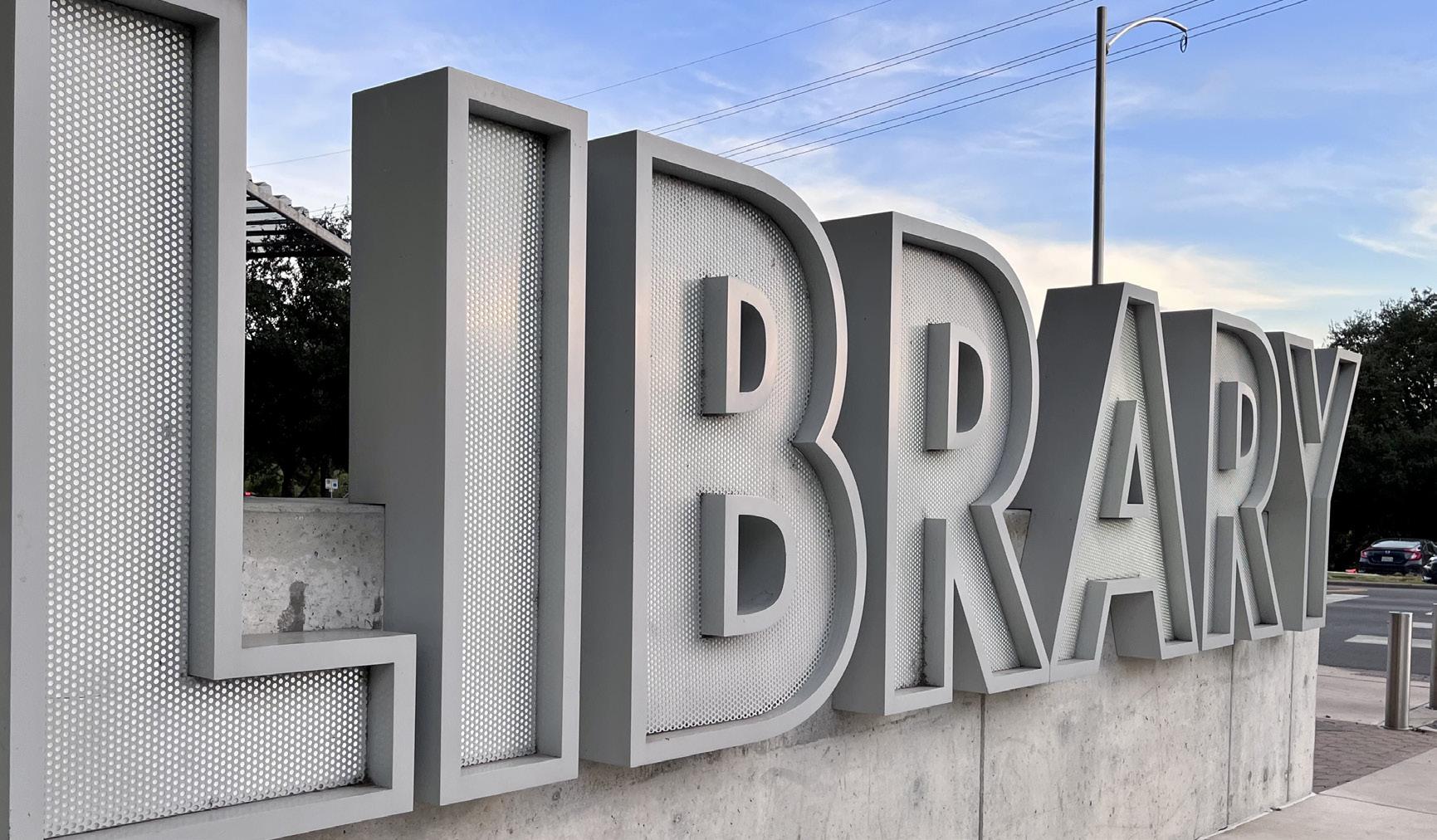
Jesus Hernandez, Adult Services Librarian at the Austin Central Library has a little bit of a different opinion, “I’m more likely to access digital titles than I am to crack open a print book, The conveniences of checking out a book and opening it up on your smartphone are too much of a factor I always have my phone on me, therefore, I’m always connected to library materials. I would always carry a print book with me but I travel light. Keys, wallet, and my phone are mostly what I travel with. Leisure time is the biggest factor for me choosing digital over print. When I eventually retire I want to carry a print book with me everywhere I go. If I go on vacation I make sure a favorite book is something I’m taking with me. Long story short, I prefer print books but ebooks are more convenient.”
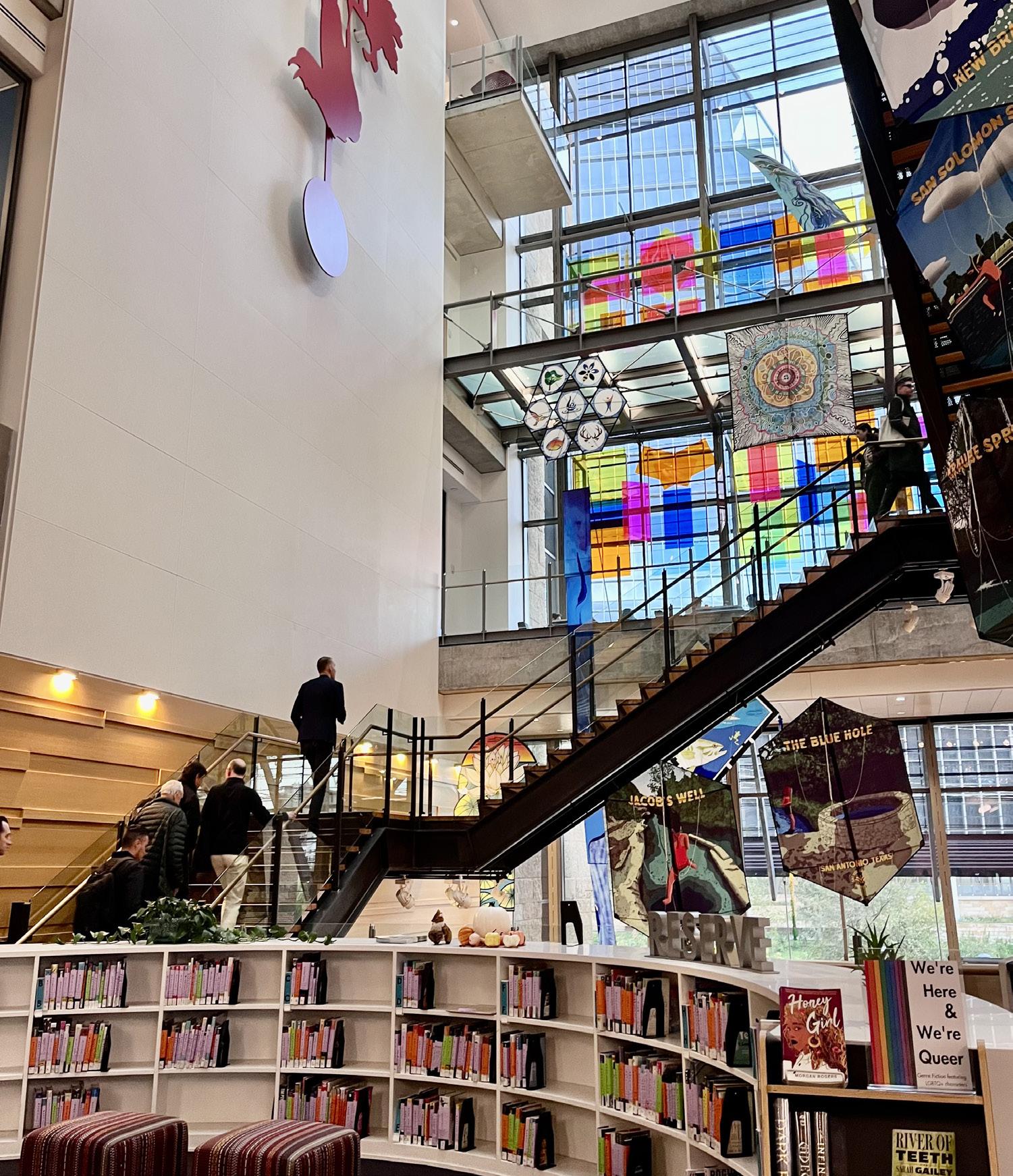
In addition to pros and cons, COVID-19 has also impacted people’s preferences for physical or digital books. While in quarantine many people could not go to bookstores or libraries, causing the use of physical books to decline.
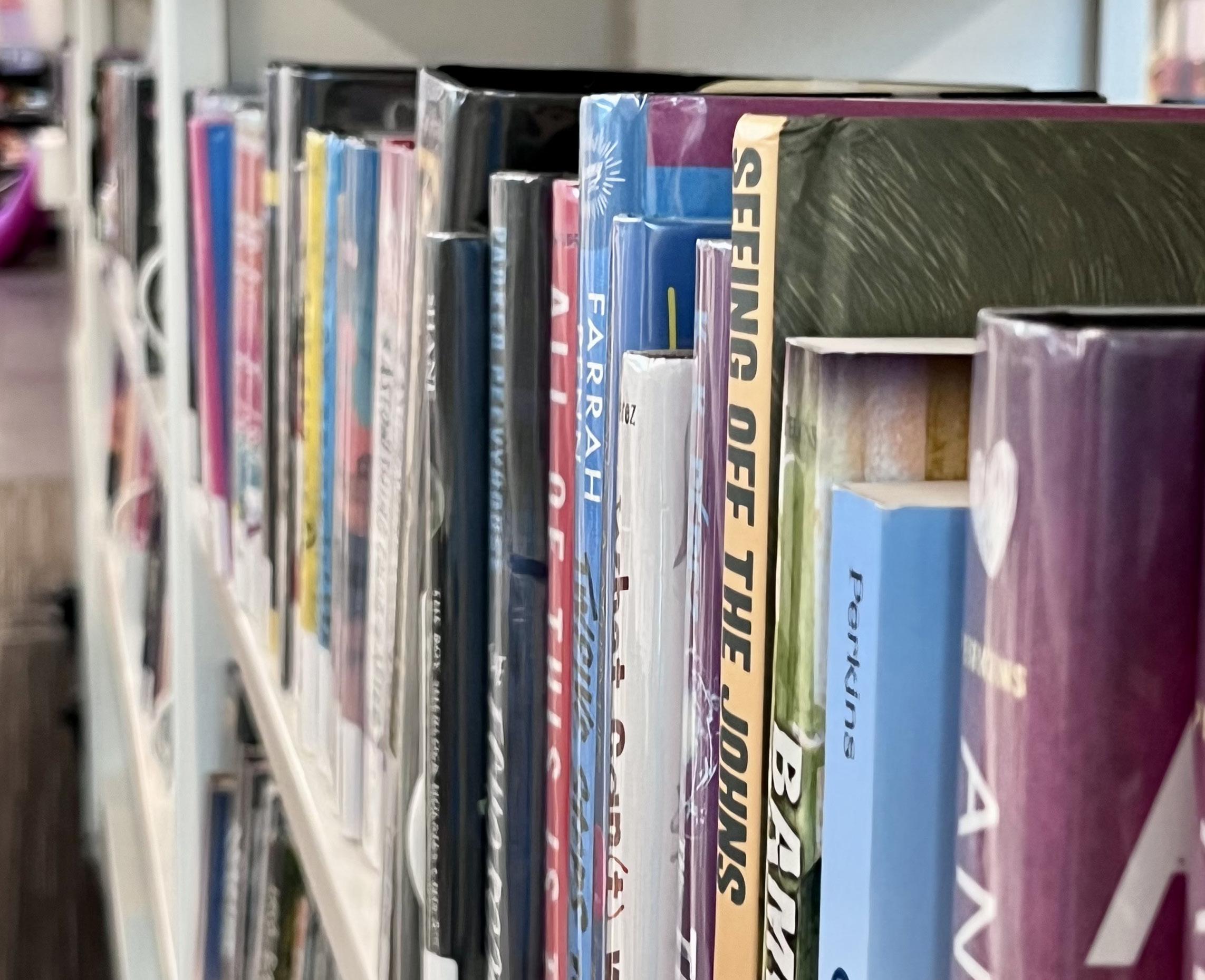
During this time, many people were spending a lot of time on screens and in front of a computer, causing the use of digital books to slightly increase.
“Our library shifted the budget in a major way to support our digital selection which was to support all our customers,” said Suzan Nyfel-
er, Children’s Librarian III when talking about COVID-19’s effect on the library.
In general, physical and digital books are very different, and as our culture shifts to one that has a more prevalent online presence for various reasons, digital book readers are slowly growing in number.
“I believe there’s been a steady trend of people reading digital books. As patrons become more
The Central Library is one of the biggest in Texas and contatins books for all ages. Photo courtesy of Bridget Dunleavy.“As long as people read it doesn’t matter if they prefer ebooks, audio books, grpahic novesl, or the humble paperback”
comfortable using their smartphones or the Austin Public Library website they can access more titles through the Virtual Library. A lot of our customers get really excited about being able to listen to audiobooks on their phones!” Casas explains.
However, just because digital books are on the rise does not mean the end of the physical book. Currently, they are still much more preferred and widely used in contrast to online digital books.
“We had 1.4 million circulations of ebooks this year and 3.2 million circulations of physical books,” Kathleen Houlihan, Teen Librarian III at the Austin Central Library said when discussing the numbers, “I think it’s inevitable the digital book industry will grow, but I doubt physical books will ever die out because many people prefer them (including teens who say that it’s easier to pick up a physical book and read without the distractions that happen when using a digital device)”
Although physical books are still in the lead we have to acknowledge that the reading experience has changed. We now get to choose how we want to read; with a book, with a screen, or with headphones. But just because our experience with reading has changed it doesn’t mean that what we gain from reading has.
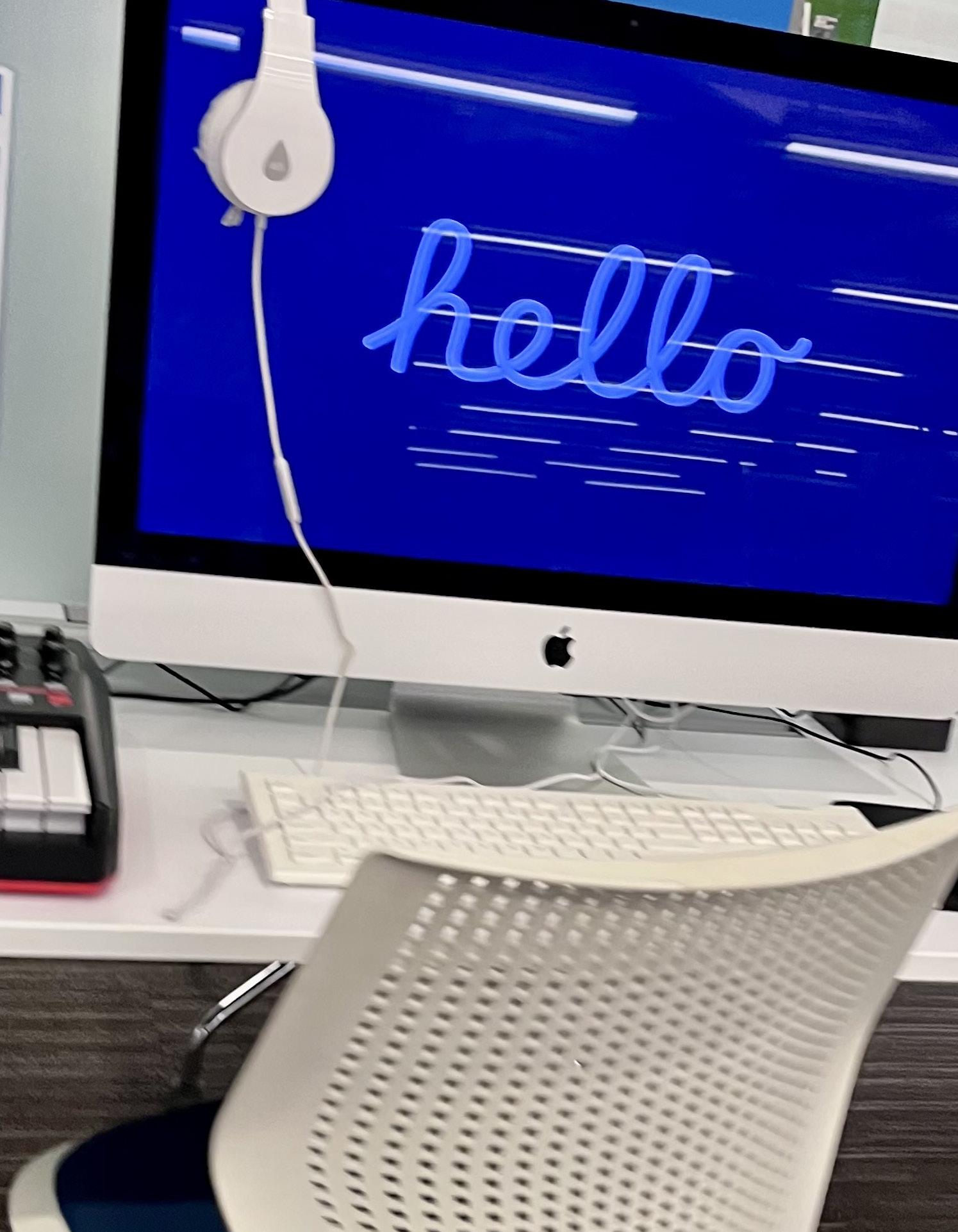
“Reading is important, it doesn’t matter the format. Physical books are just as important a vehicle for reading as digital books are. It doesn’t matter how people read, it just matters that they do.” Hernandez explained.
“I don’t believe it matters how people read as long as they are able to find the information they want and access it in a way that’s best
for them,” Casas agrees, “As long as people read and continue to read it doesn’t matter if they prefer ebooks, audiobooks, graphic novels, or the nimble paperback. People will engage with information in whatever format best suits their needs and as librarians, we are best equipped to refer people to find that information.”
In conclusion, reading and the way we read has evolved in the past years but that doesn’t mean it’s a bad thing. We have choices on how
we want to read, influenced by preferences, culture, and other factors. Both physical and digital have importance and meaning. The reading experience has changed, but as long as we continue to read we can create what comes next.
I prefer physical books because...
I prefer digital books because...
“I like to be alble to flip the pages.”
“I can see my progress with pages.”
“They’re more accesable!”
“I can keep books in my pocket.”
Writing doesn’t look the same for everyone. It isn’t a skill people develop overnight, it takes time and practice. People’s writing process can also look different depending on whether they are writing fiction or nonfiction, their goal in writing, and their voice. Some authors focus a lot on research and others character development. Some nonfiction writers talk about their own experiences while others share news and events. Everyone takes a different approach to writing weather your creating a story or sharing something new. Every author and reader have distinctive imaginations and creative insparations that they feed into their work.
Sometimes people write nonfiction for work, fun, or even for things like journals and diaries. For Lisa Doggett, a family physician and author of a new memoir, writing is something she loves to do in her free time. “Well, you know, for me, writing is very therapeutic. I write a journal. I’ve written in a journal every night for about almost 40 years.” Doggett also writes opinion pieces, which talk about environmental issues. “I’m very involved with environmental activism. And so I’ve done a lot of writing for a newspaper, opinion pieces, and that kind of thing, usually around environmental issues” Dogget doesn’t just write opinon peices, rigth now shes working on getting her memoir, Up the
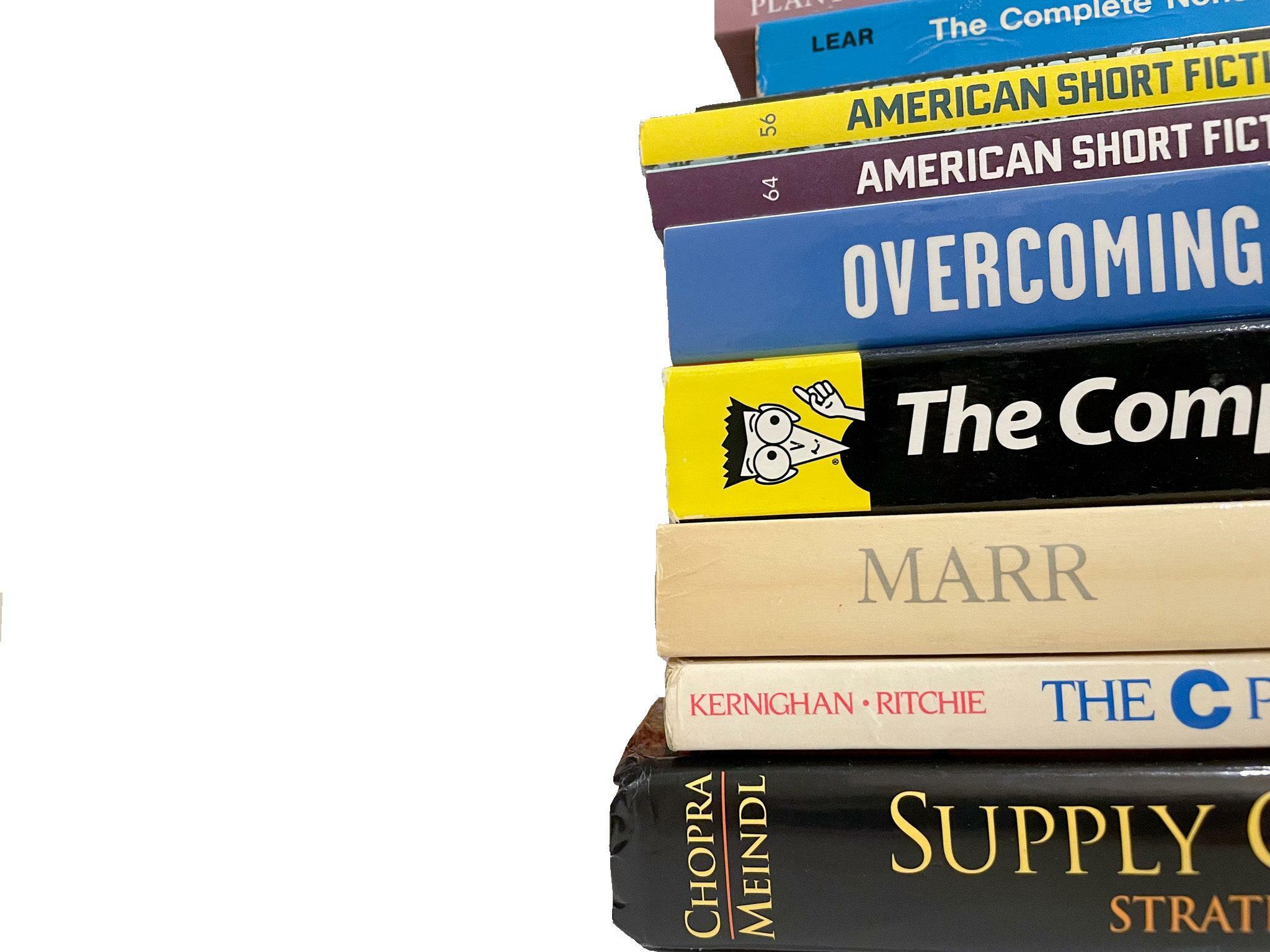 By: Flora Tversky
By: Flora Tversky
Escalator: A Doctor Navigates Disease and Disorder, published. “I think that an opinion piece, you’d have to make a really clear argument you know, it’s persuasive. I guess, in some ways, in essays as well, but I think with an opinion piece, it’s really a little bit more of an article that’s geared towards changing someone’s mind, an essay doesn’t necessarily need to have quite that persuasive tone, although it can.”
Asher Price, an employee of Axios, a journalism company, says, “Axios does a new form of journalism, which is instead of an old school print product, we write the news in a quick email that goes out to all our subscribers every day, and is very punchy, and short.” Every day he and his team work on a new collection of stories and articles to publish. “When I worked as a newspaper reporter, at the end of the day [I’d] practically forget what I wrote about that day. I just worked intensively on something, and then it’s gone, puff, and then the next day comes after write about
“Every author and reader have distinctive imaginations and creative insparations that they feed into their work.”
(Flora Tversky)

something else.”
The goal of the author can help lead their writing piece the optimal direction. If someone is writing a book for entertainment, then they might formulate a plan on how to keep their readers engaged. The goal of someone’s writing can also guide them on how to structure and outline their writing piece. “Structure means that you’ve got to know how to do an arc, a character arc.” says Alane Ferguson, the author of Forensic, “Every character should change their trajectory from the beginning to the end. It doesn’t mean a happy ending, it means they’ve gone on some kind of journey, in some way or another, especially your protagonist.” Ferguson teaches a class on structuring writing at Harvard University. “It’s still hard for people to know that they’ve got to rework their story if it doesn’t work out the first time, or the second time. I’ve
rewritten things, sometimes thiry, forty, fifty times. But I’ll re-read it, think, it’s not quite right, it’s just not quite right. So if you don’t have that idea that you can rework it, you’re not going to get too far unless you’re a total genius.”
For some, starting off with a structure isn’t the best way to formulate their writing. “I don’t want to put down that kind of thought process. Because you need all those things, you need a climactic climax, and you need a plot, and you need characters in any setting,” says Cynthia DeFelice, author of Fort. “I never knew where the story was going. I would get an idea and create some characters in my mind and a situation and then just start writing and see what happens.” For many people thats the best way to write. It can help you organize your thoughts. Sometimes if people are stuck and don’t know what to write they “word vomit” and then keep the ideas they like and delete the ones they don’t like.
The author’s individual voice is important when it comes to writing, even in non-fiction. The
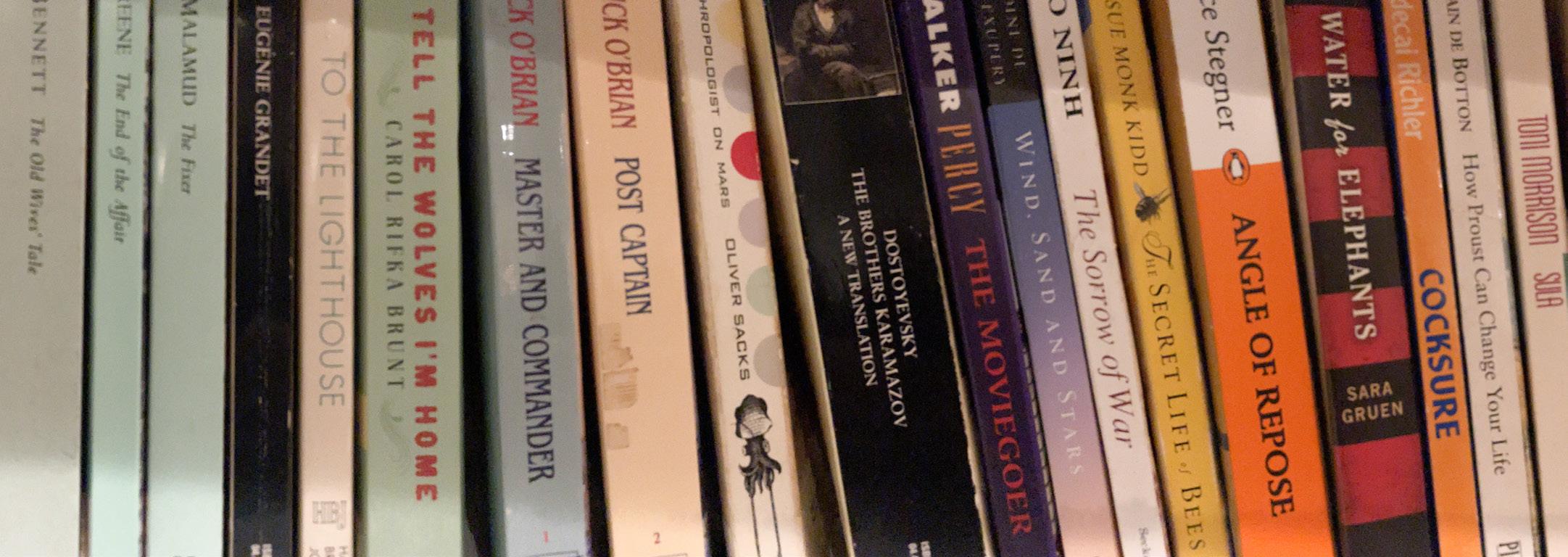
“If you don’t have that idea that you can rework it, you’re not going to get too far unless you’re a total genius”
(Alane Ferguson)Photo courtesy of Flora Tversky.
author’s experiences and knowledge can affect a book more than people think. “I think I was so fortunate in that my mom read me stories from the time I was born because then I became a reader. And I really think that you learn from reading, how to be a good writer,” says DeFelice. A lot of people take inspiration from other authors and the stories they hear. But it doesn’t always start with a brilliant idea or a perfectly crafted character. Inspiration can come from anything-- books, nature, the people around you, or anything else that sparks people’s imagination.
Writing is not a universal experience. Everyone sees it differently. From what people want to write about, to how they write about it, every-
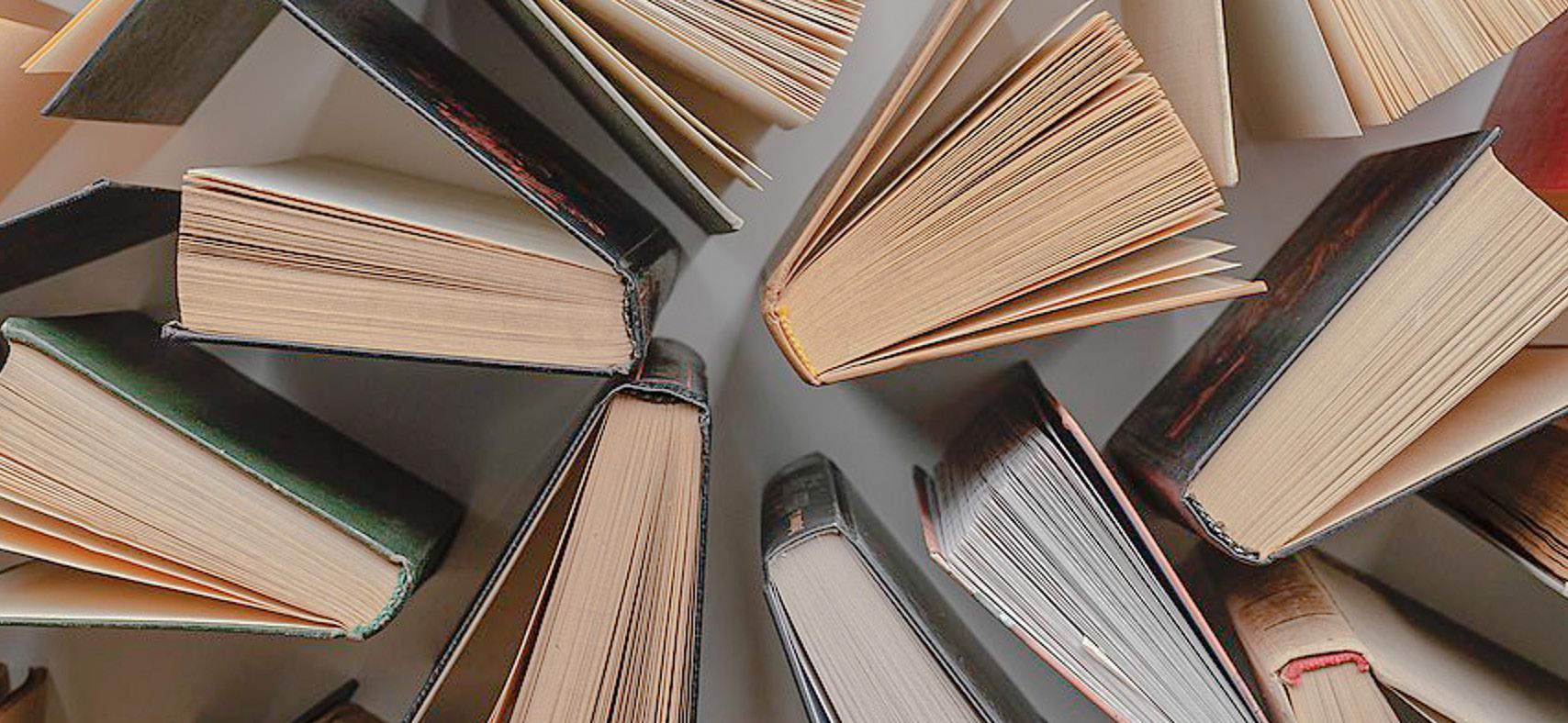
one’s writing experience is unique. It’s interesting to look into the “how?” and “why?” of people’s stories and writing processes. There are so many different variables people play around with in their writing and the outcome of changing just one can make an entire different story. People don’t always start their writing the same way and they definitely don’t finish the same either. All sorts of authors have many different writing processes, and each of them is unique. While not all processes will work for everybody, it takes time for people to find their own style.
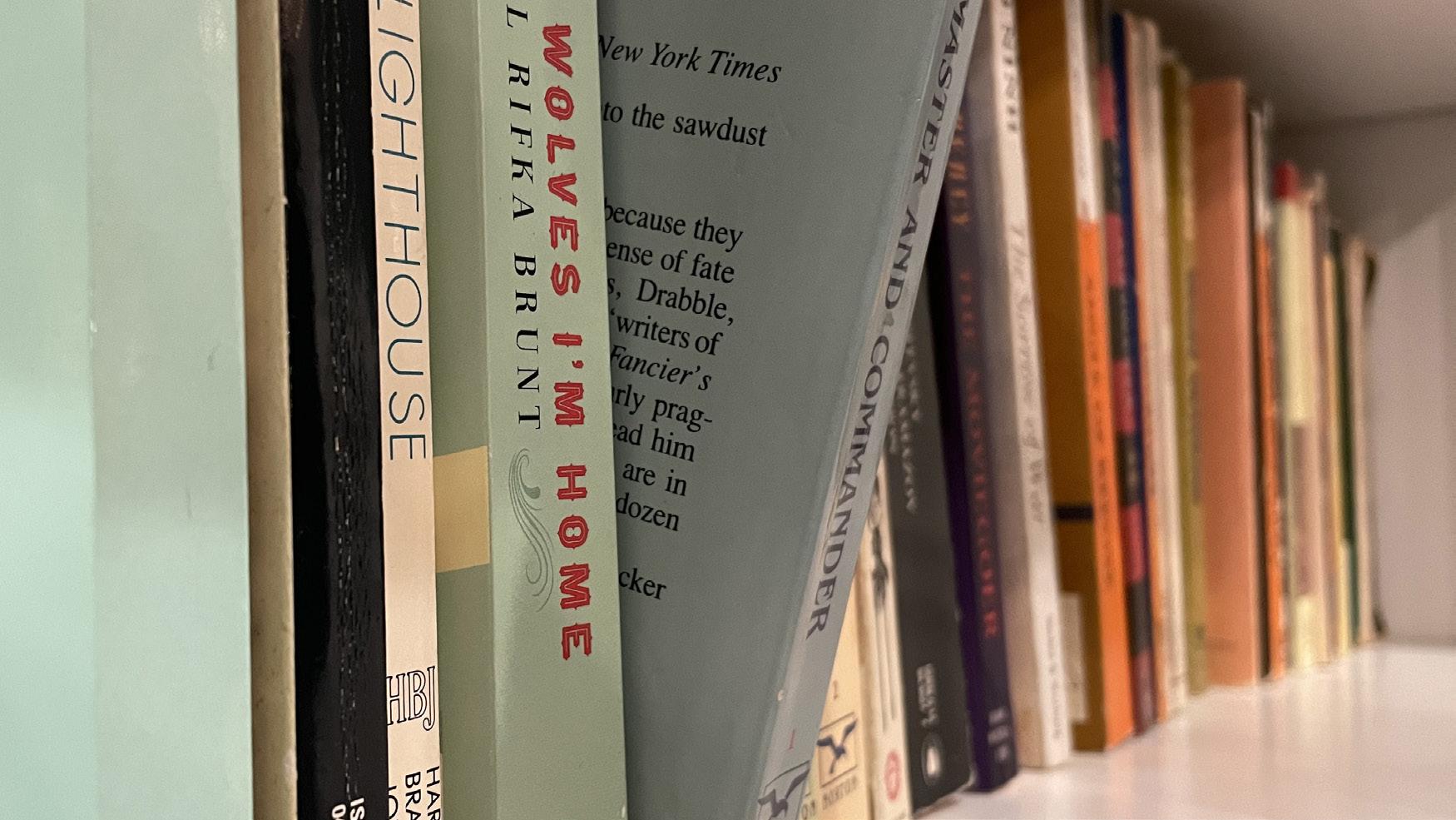
Writing comes in many forms, poems, books, and manuscripts, but most writers go into writing with a basic understanding of their process of writing. Some start with a plan and some just dive into it and see where it takes them. So here’s an easy step-by-step process to give your writing process some structure.
Now that you have a plan it’s time to write. It doesn’t have to be good, this is just a draft. Whatever thoughts you have, get them down on paper. You can come back to this to edit it later.
Planning doesn’t mean getting every little detail down so you know what to write. Planning is all about how you want to approach your writing. Start by asking yourself some questions, like: “Am I starting with a prompt?” “Do you have a plot idea?” Or maybe you just know you want to write for no reason a book. These are all good motivators to start writing. However, you should organize how you want to start.
On the topic of editing, this is Here’s where you really start. Kind of. Revision and editing are similar but there are some clear differences. Revision is when you make major edits to your writing. For example, you can completely scratch your first draft and write a whole new one. In this stage you can write as many drafts as you want, keeping or leaving out details and even major events in your writing
Publishing your writing is optional. There are a lot of different ways to get your writing published. For example, if you want you can self-publish or you can work with a company to get your work published. If you want to learn more about publishing getting a manager or researching about it are really good options.
Now that you have a piece of writing you’re set on, start going through and weeding out grammatical errors and spelling mistakes. I recommend having at least one other person help you with this. Peer review is really helpful, especially for longer works of writing. Once you are satisfied with your writing your done! But you could publish it to make it official. can either keep it or publish it.
MMost people have dreamed of living the quiet life of a bookstore owner during at least one point in their lives. However, it’s not always so tranquil. The real experience of owning and working at a bookstore in Austin is full of patience and perseverance. Austin’s literary community is tightly knit. Each different store brings new
perspectives and a new loyal customer base to the scene, and there’s always something for everyone.
Running a bookstore is difficult, and often repetitive. “It is 9-10 meetings with my staff. Then meeting with accounting. Then meeting with designers for cover and interior. Then
 Photo Courtesy of Josie Bednar.
Photo Courtesy of Josie Bednar.
“Throughout the day [I] help out customers with games or comics that they need.”
meetings with authors to check on edits. So many meetings,” says Derrick Brown, owner of Write Bloody Publishing, a publishing house previously based in Austin.
Randy Lander, owner of Rogues Gallery, a book, comic and game store, describes a laid-back, customer-oriented approach. “It depends on the day. But in general, I come in, do whatever orders need to be done, check in orders that arrive from UPS or Fed/Ex, and throughout the day help out customers with games or comics that they need,” Lander says. He takes special interest in personally giving recommendations to customers, as does Alisha, an employee of Reverie Books, a communityoriented independent bookstore in South Austin. “Throughout the day I’ll usually get shipments of books to check in, sort and shelve. And of course talking with customers when they need help looking for something or recommendations. It’s a treat too when people come in just wanting to chat about something they’ve read recently while browsing,” says Alisha. “It’s such an amazing feeling to be able to gush about similar interests with like-minded people. It’s great to see people take an interest in some of my favorites and to read things that were recommended to me in turn.”
Many bookstore owners and employees have different reasons for joining the community. Alisha, of Reverie Books, says, “I spent 12 years
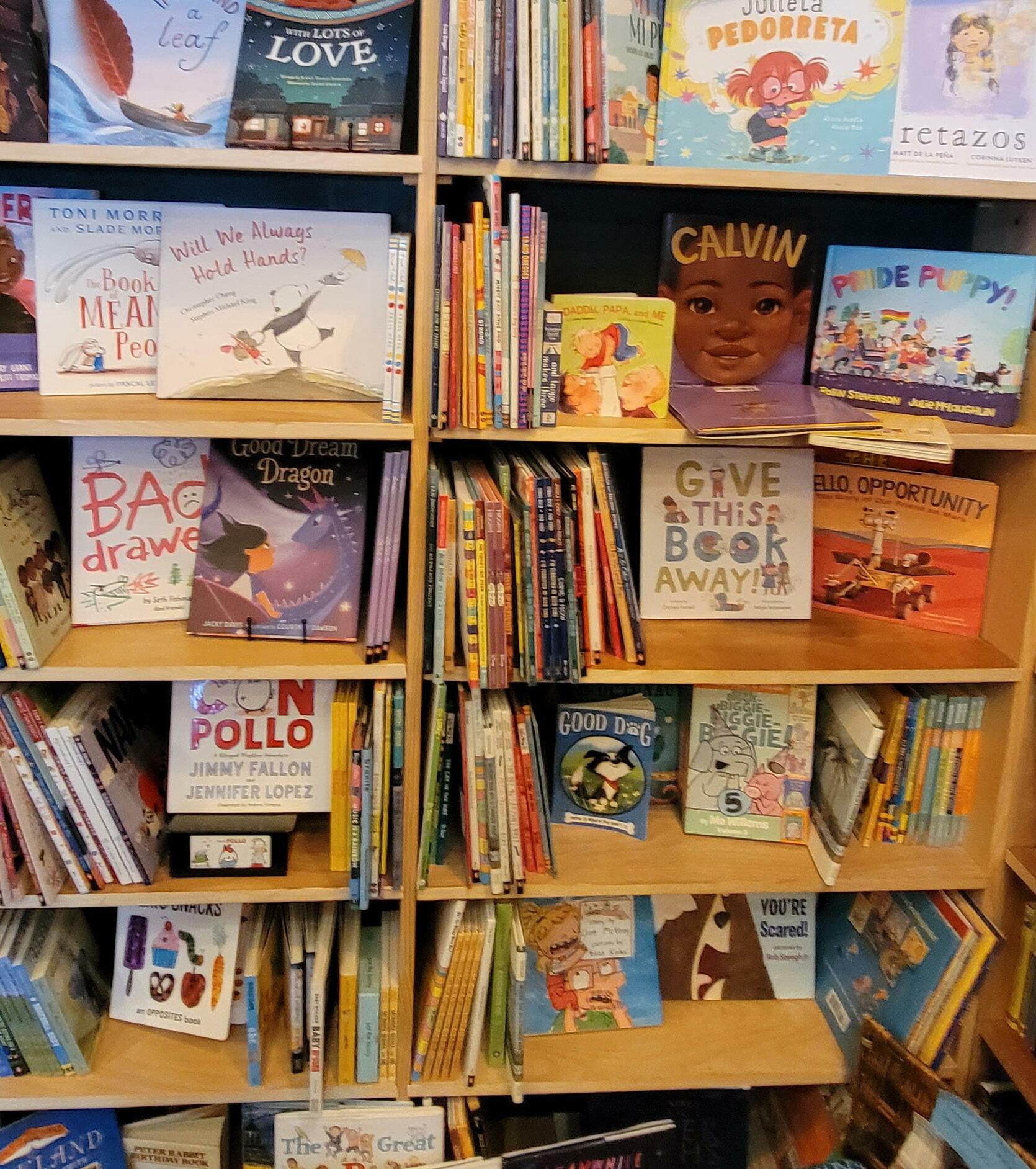
at my last job being a cog in a machine I lost interest in years ago. Here, I’m a part of something I really believe in and want to see succeed.” Randy Lander has had dreams of his profession since youth. “I work with people I love and respect, and I get to work in a
business I’ve loved since I was a teenager. It’s not going to make me rich anytime soon, but it’s pretty rewarding,” However, Derrick Brown, of Write Bloody Publishing, a publishing house for indie poets, had a different motivation. “I want people to know that poetry is accessible and powerful, that it is a unique art form that can create massive sparks of emotion, like a good song,” says Brown.
Not only Austin’s restaurant and entertainment districts have been affected by the coronavirus pandemic. Before the spread of COVID-19,
Photo Courtesy of Josie Bednar.
“It’s a treat... when people come in just wanting to chat.”
Reverie Books has many options for all readers.
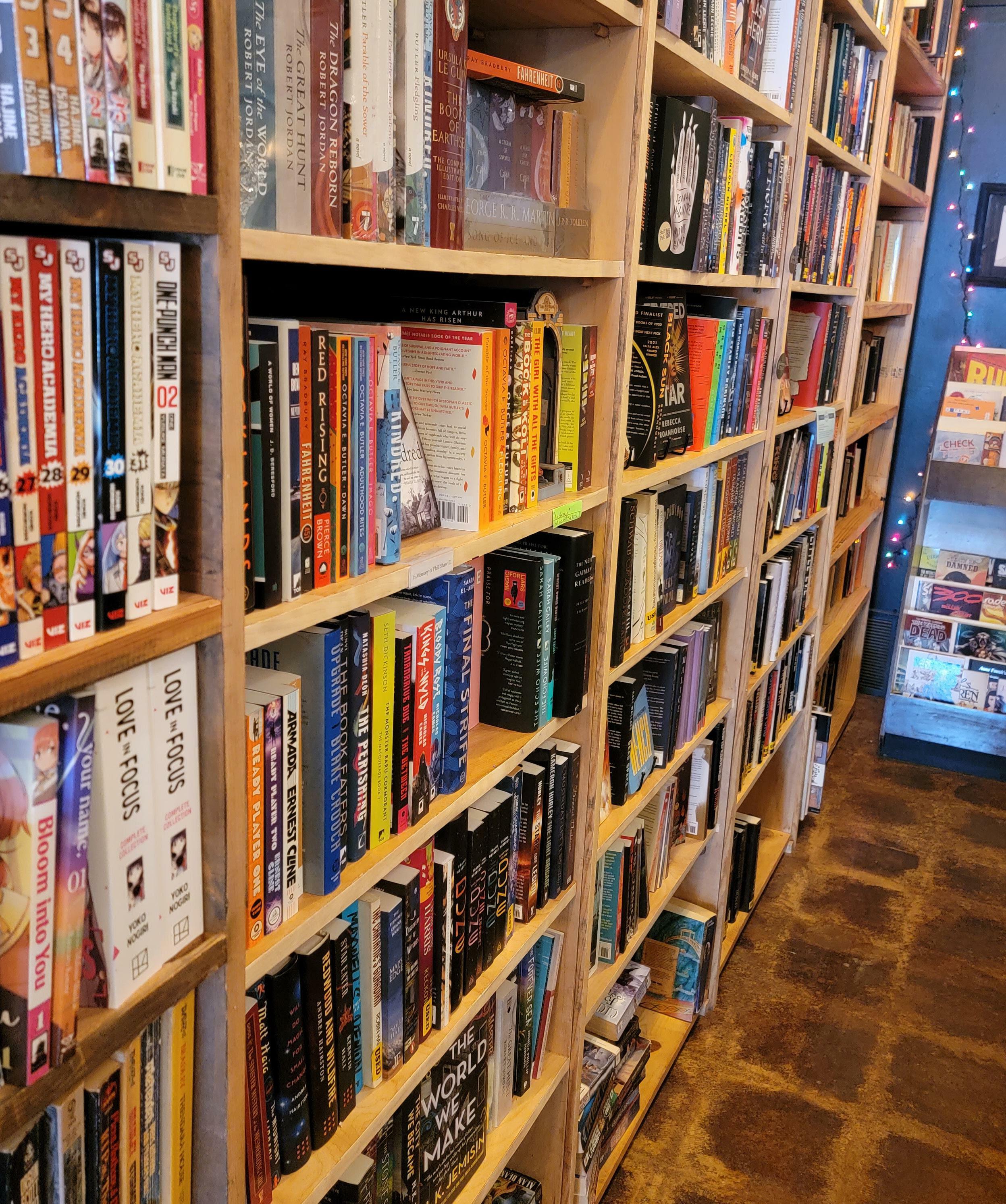 Photo courtesy of Josie Bednar.
Photo courtesy of Josie Bednar.
Rogues Gallery had boasted in-store gaming services, but were forced to suspend such operations. Since then, they have had to replace the in-store gaming area with products in order to save space. However, they were able to stay in business despite the lack of physical gaming space services. “We thankfully have a very loyal customer base that wants to support us, and that was even more true during and after COVID,” says Lander. While Alisha was not part of Reverie Books during the beginning of the pandemic, her addition to the Reverie team was valuable. “This store was already a great place to come to, an extra set of dedicated hands just makes it even more so,” she says.
Calls for more space in the bookstores were universal. “We could use another couple thousand square feet for displays,” says Lander. Reverie books is similarly constrained, according to Alisha, who says that,”‘my only wish is that we could be bigger. Not corporate type bigger, just a bigger store. We have so much
to offer the community and we could do so much more with a bigger space. Sadly, though, it’s expensive everywhere these days. So, we continue to be small but mighty.”
Running a bookstore in Austin may seem easy, but in reality, it takes hard work and a lot of dedication.
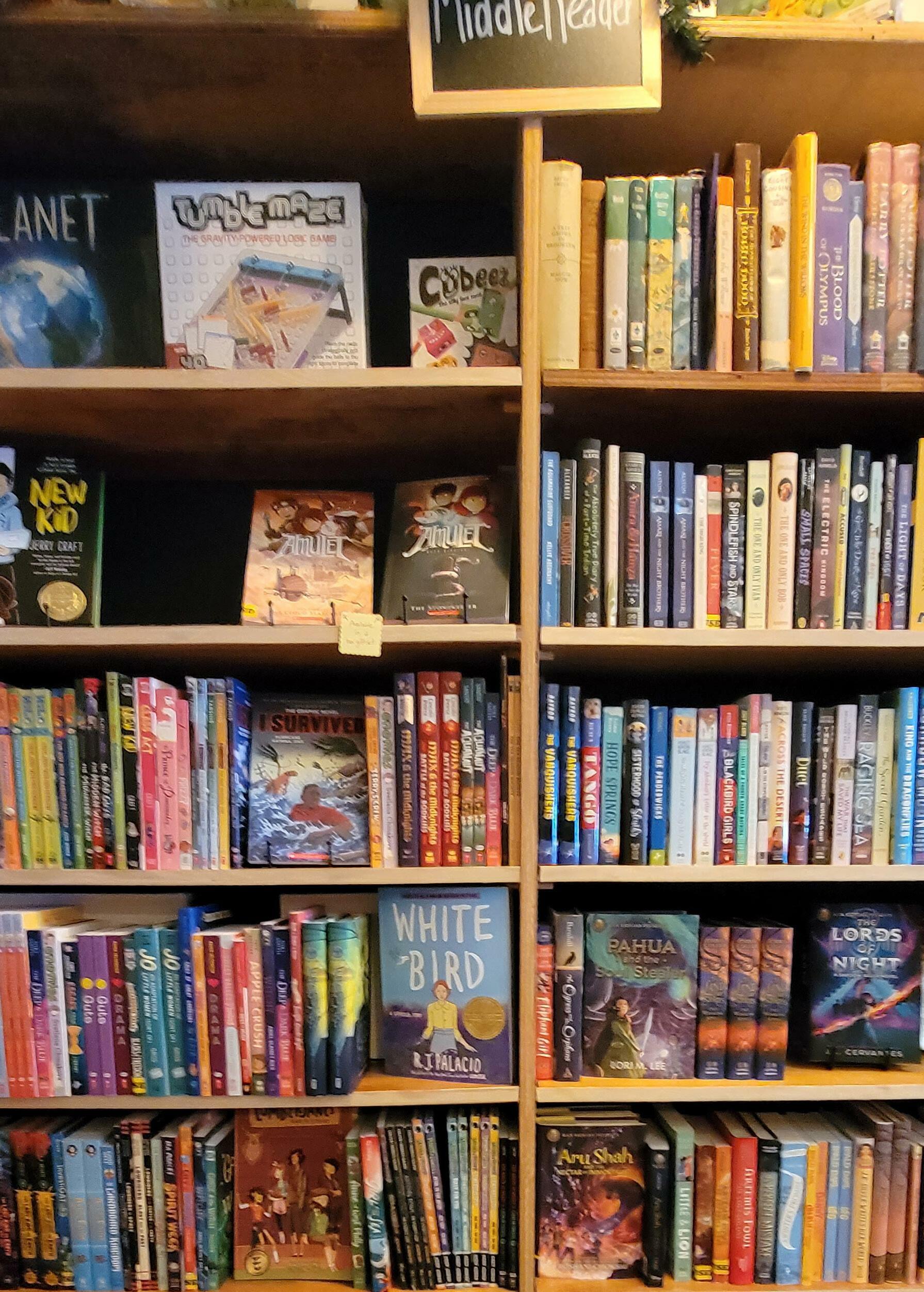
“Poetry is accessible and powerful, like a good song.”
“So we continue to be small but mighty.”Photo courtesy of Josie Bednar.
Half Price Books
Half Price Books is a thrifty bookstore specializing in reselling books in good to new condition. You’re sure to find a good deal and great read!
Recycled Reads
Recycled Reads is a library- runoff store, with incredibly cheap prices and a good message at heart!
Great deals will await you at Recycled Reads.
Reverie Books
Reverie Books is a South Austin bookstore concentrating on community, accessibility, and social justice. Reverie is considered a great family bookstore, and one for the individual as well.
Kinokuniya Austin is a Japanese-based retailer known for its comics and magazines, as well as stationary and various gifts. .
Wikimedia Commmons
Malvern Books is an independent bookstore specializing in poetry and emerging voices. It features authors from widely different backgrounds.
BookPeople is the classic Austin bookstore, presenting an extensive range of subjects, authors, and genres. It hosts many authors and book signing events on its large flagship location.
Banned books are books deemed unsuitable for a certain type of reader and removed from a library or school. The banning of books sparks many controversies with books in the US since they are mainly being banned for issues of race and LGBTQ+ rights.
In recent years the banning of books has become a heated debate across the nation stirring up social and political issues. Lately the banning of books has been fueled by two sides.One side believing that there is a place for every book. others believe that some books should be banned from schools and libraries for “inappropriate subjects”,
lately, there have been over 2,500 books banned. This can be considered a severe issue because it limits free speech and may prevent people from learning important aspects of human history etc.
Books are most banned in places like schools where children have access to books typically be-
cause younger children have less of a voice on what is banned or not and . parents want to control what their child can read.
“Personally, I’m against it (banning books) and the public library tries to maintain access to information, even if some people find the subjects touchy it’s against our belief system for the library.”- MicheIle Beebower Austin public librarian “
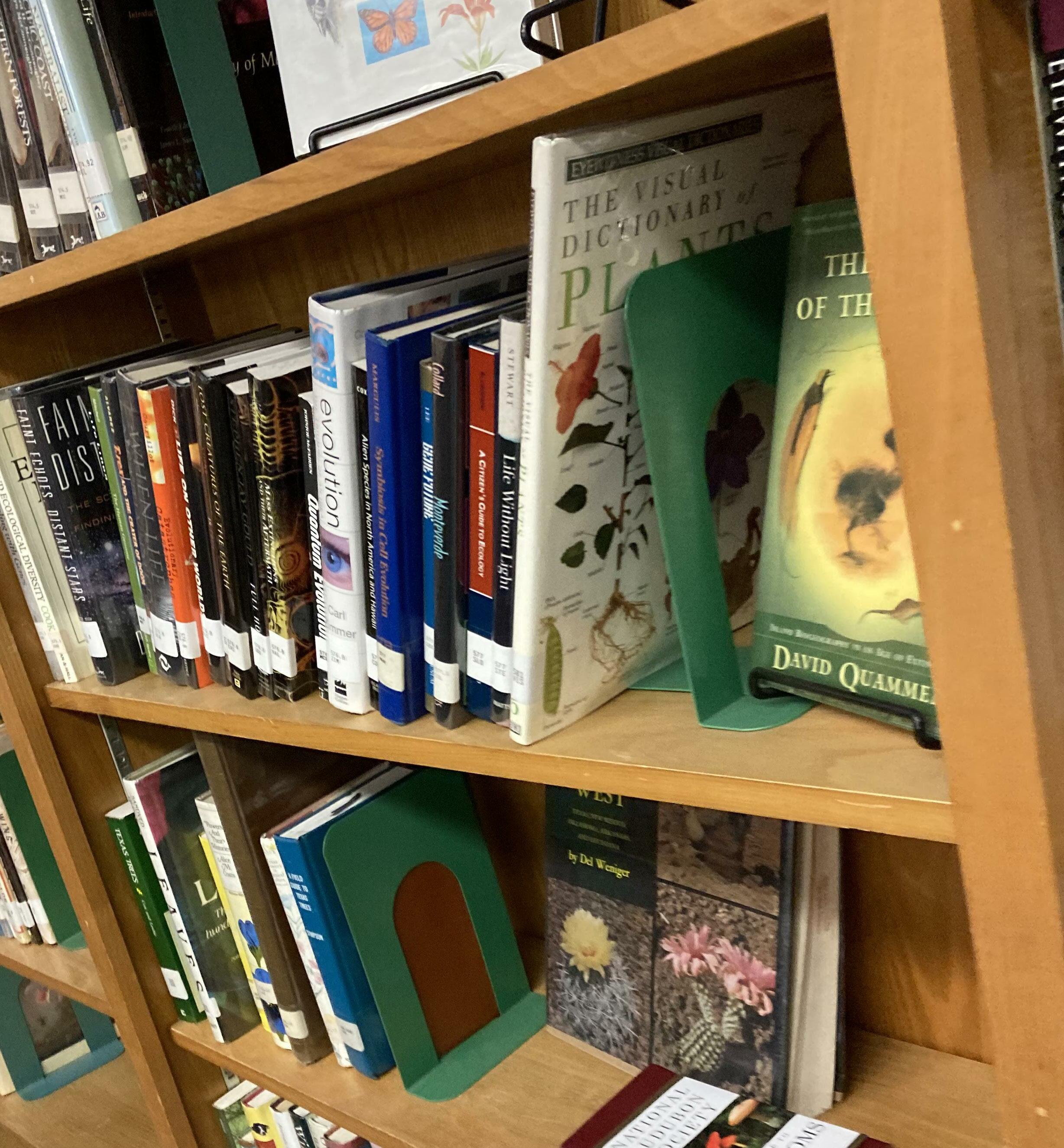
Many people don’t know how people actually go about banning books.
There are a few different ways that people can attempt or achieve the banning of books. In a school parents usually go to the librarian or school board to request that a book is taken off the shelves. In public libraries, people typically have to write a request and this request will be given to a board of librarians to review.
Recently there have been many books banned in schools because of political or social issues as stated before the number one cause of the bans is books that focus on LGBTQ+ issues and rights. Because books like these are being banned many are mad, however, the people banning these books believe that they are inappropriate for children and shouldn’t be in schools. Many of the people banning these books say they want to protect their children but the other group argues that they should stop the spread of knowledge.
When asked why many librarians didn’t like the mass banning of books happening today many said they thought there was a place for all literature Michelle Beebower Austin librarian says “Personally, I’m against [the banning of books] and the (Austin) public library tries to maintain access to information, even if some people find the subjects touchy it’s against our belief system. So [I’m] against it.” When asked if there are ever valid reasons for books being banned said “Oh, that’s a hard one because there are a lot of things with hate speech in it that can be harmful but no I think there’s a place for all literature.”
When Questions, Austin librarians also stated that the Austin public library doesn’t outright ban books, they can have books taken off the shelves but they will not be completely banned. Michelle Beebower, an Austin librarian says “
Austin public library specifically has a system, so if somebody wants to challenge a book there is a form that you can fill out and there’s a committee that looks at it, but I am unaware of
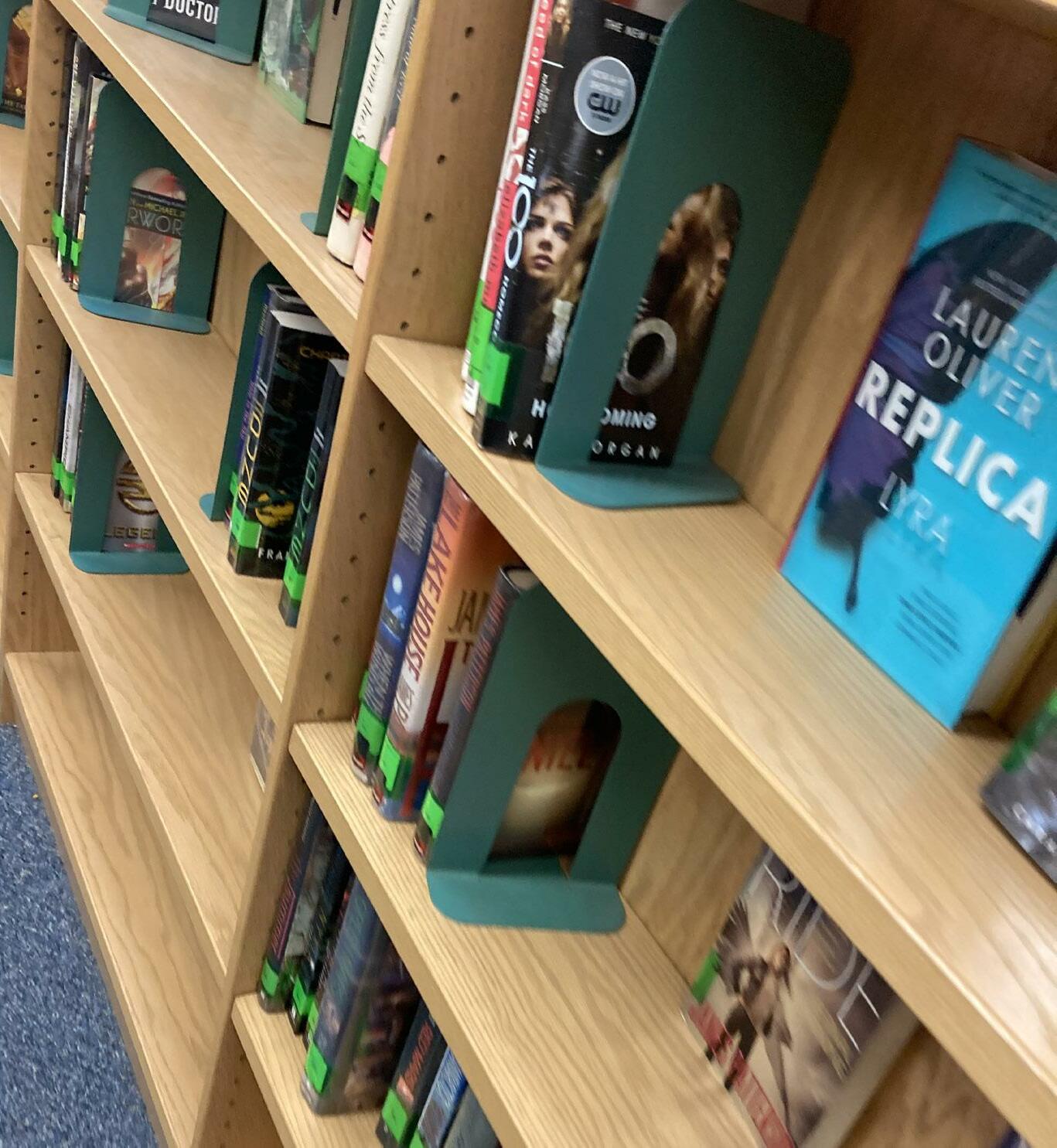
“Austin public library specifically has a system, so if somebody wants to challenge a book there is a process you can go through to get it banned”.
there ever being a book banned from Austin public library”.
In conclusion, the banning of books is a debate that sparks controversy across the nation dividing people. This is seen as an issue because it limits free speech, and knowledge and divides people politically and socially.
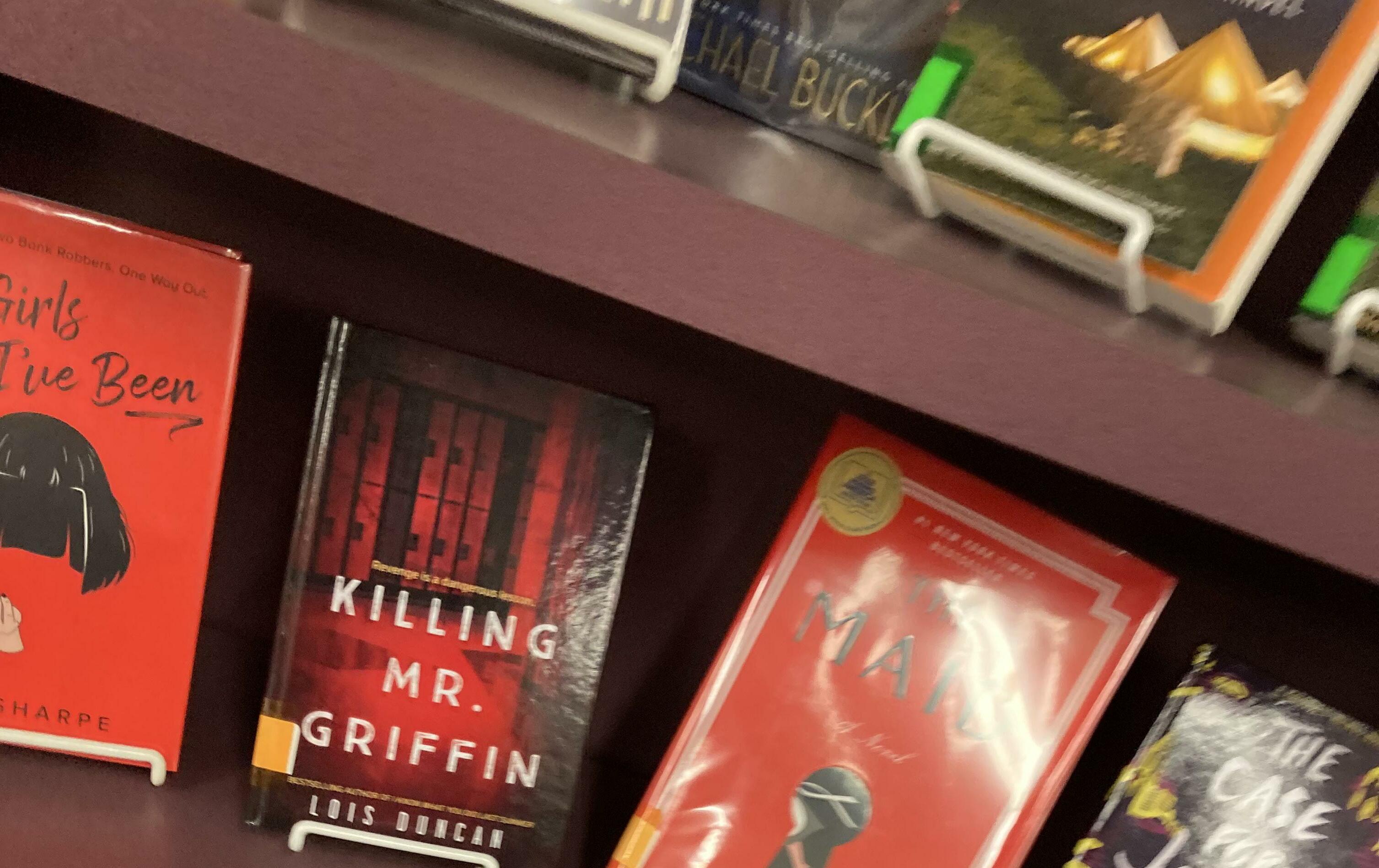
tin librarian “Oh, that’s a hard one because there are a lot of things with hate speech in it that can be harmful but no I think there’s a place for all literature”.
Book banning in the us can be traced back to colonial times in 1650 where “The meritorius price of redemption” by William Pynchon his book was dislike by re-
In 1982 banned books week was created by Judith Kurg to recognize authors of banned books and celebrate the freedom of reading and
In the 2020-2021 school year more that 2500 books are banned
In 1981 George Orwells 1984 is challenged in Jackson County, Florida because the book was “pro-communist and contained sexual content” this book would later